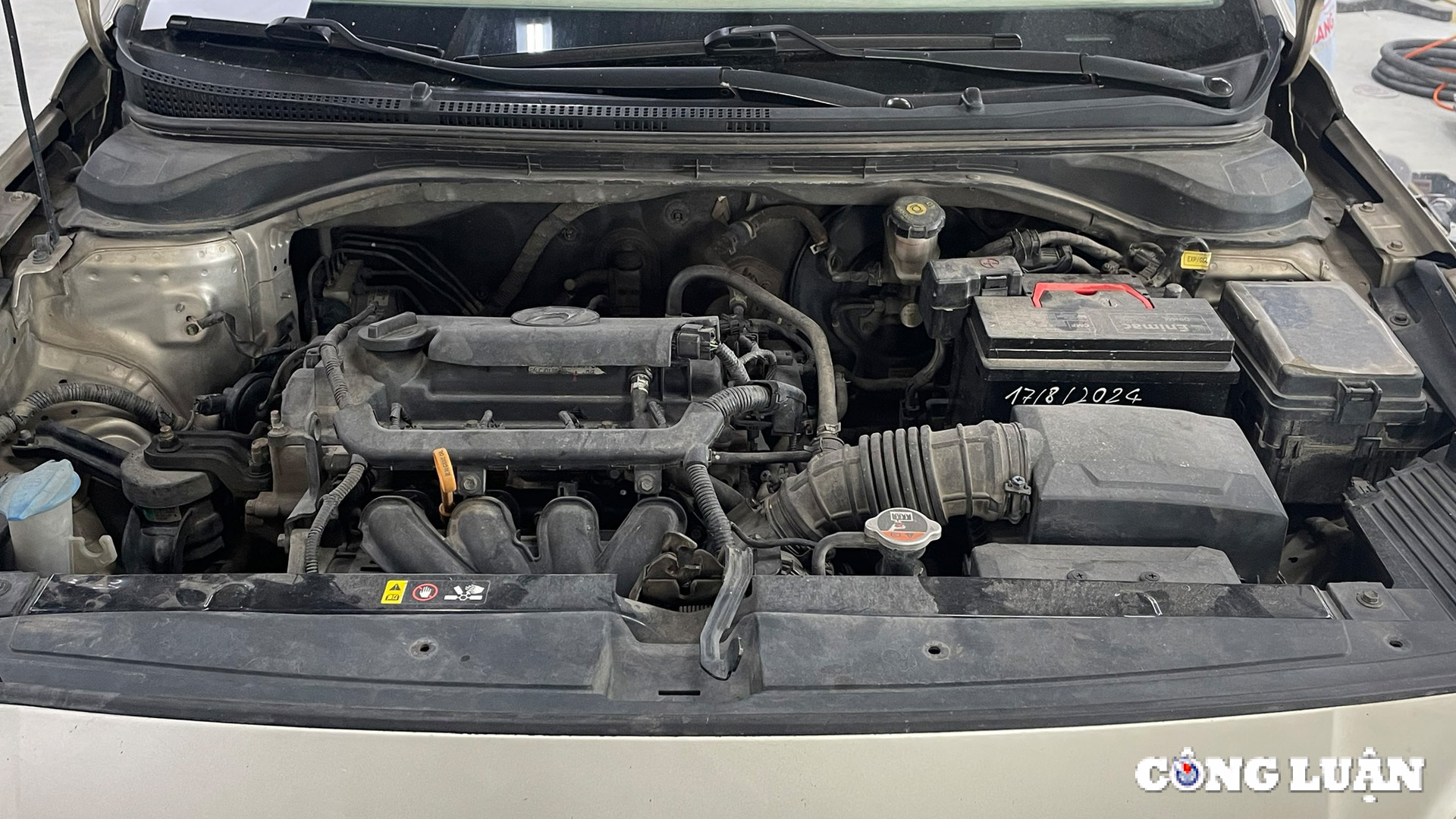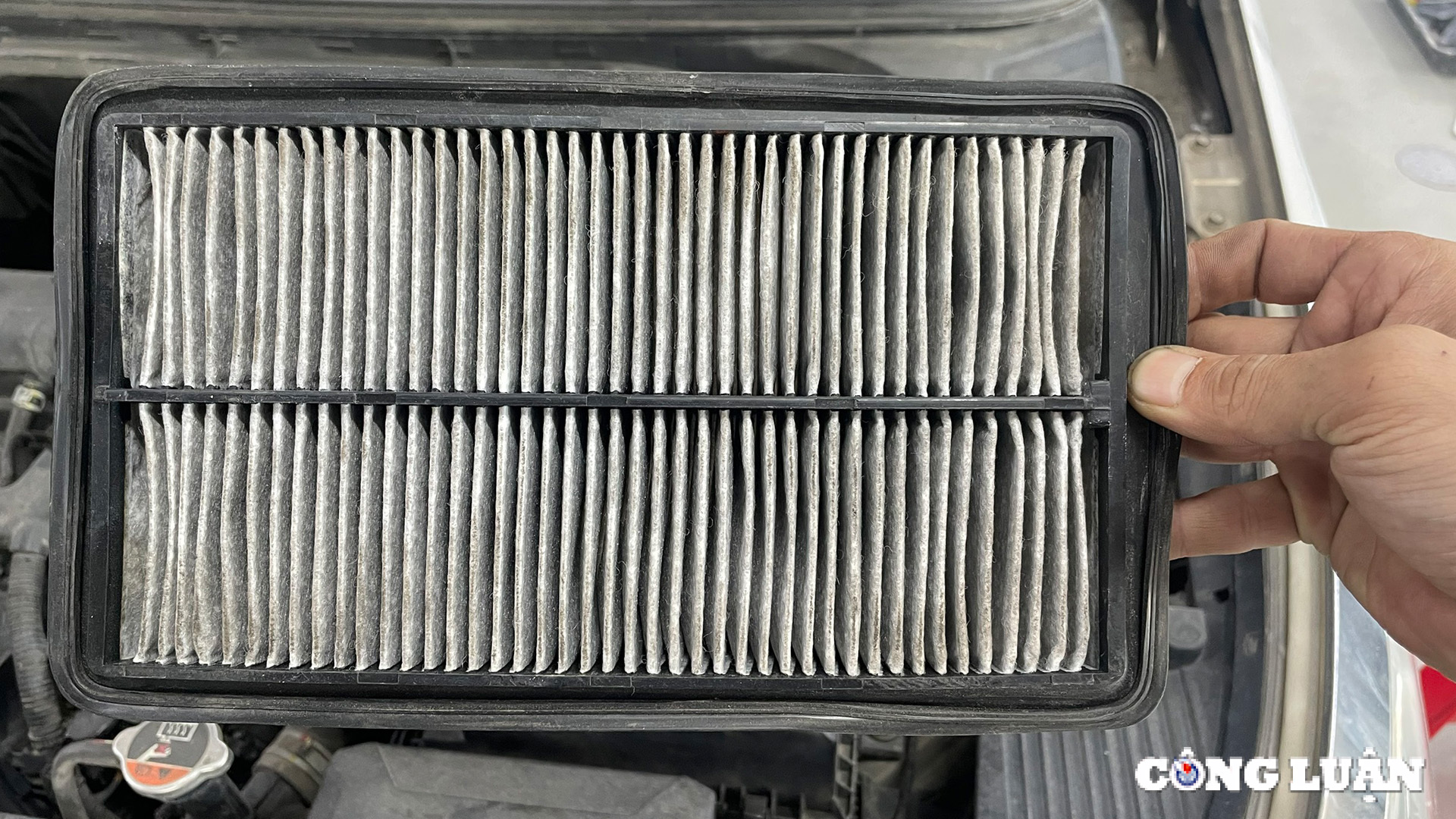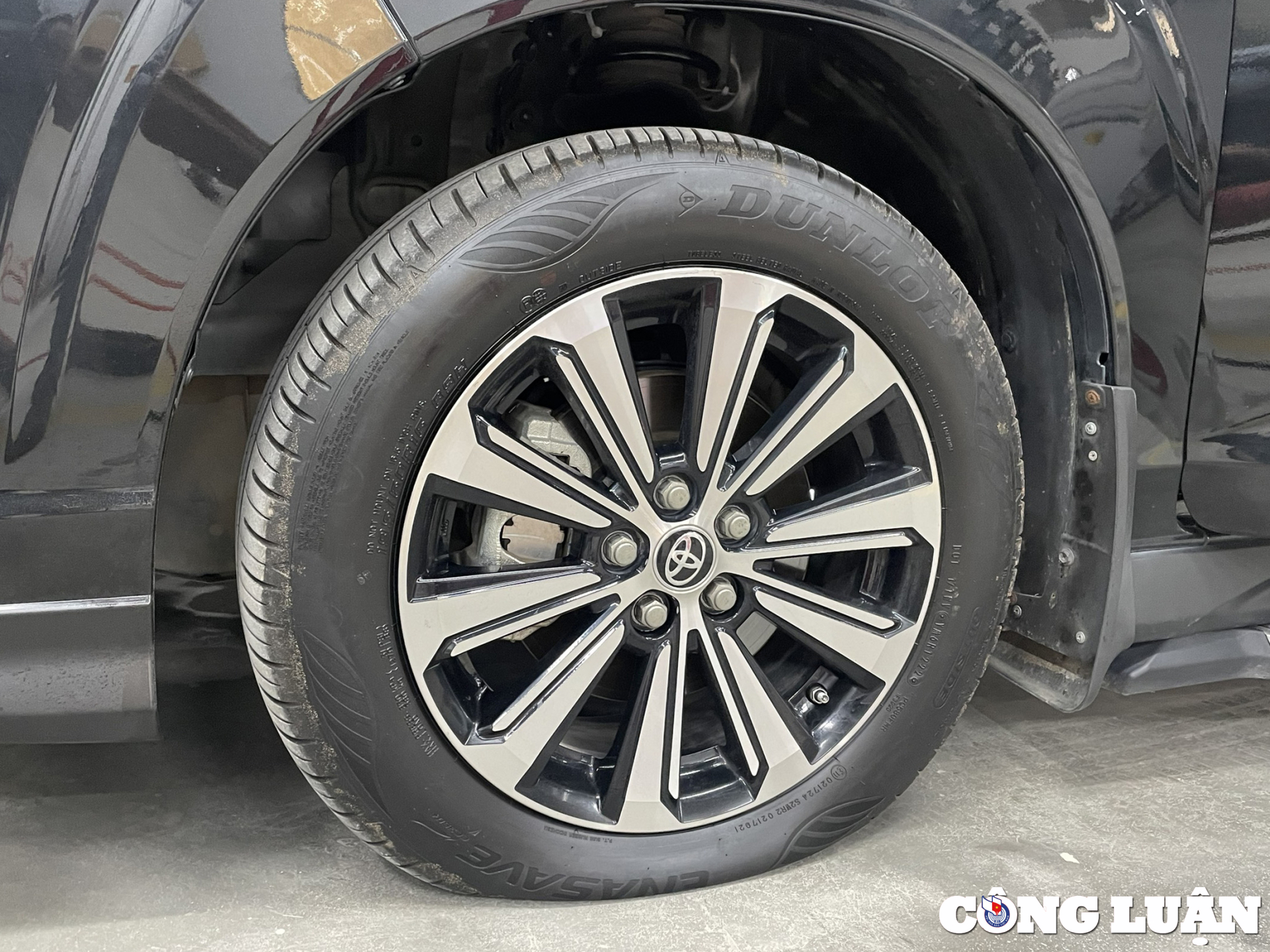Fuel injection and ignition system failure
The fuel injection and ignition system includes spark plugs and fuel injectors, two important components that help ensure the fuel combustion process in the engine takes place effectively. However, after a period of use, spark plugs often become covered with carbon, reducing the ability to ignite.
This causes the fuel mixture to not burn completely, reducing engine power. As a result, the system has to compensate by injecting more fuel, causing fuel consumption to increase abnormally.

Clogged injectors can lead to abnormally high fuel consumption.
Similarly, when the injector is clogged, fuel is not evenly distributed into the combustion chamber, reducing combustion efficiency. To maintain power, the system must increase the amount of fuel, resulting in more fuel consumption.
Dirty engine air filter
The air filter is responsible for cleaning the air before it enters the combustion chamber. However, over time, if not cleaned regularly, the air filter will become clogged with dirt, blocking the flow of air into the engine. This forces the system to inject more fuel to ensure power, causing the vehicle to consume more fuel.

Dirty air filters make cars consume more fuel.
According to manufacturers, engine air filters should be cleaned after 5,000 km and replaced after 20,000 km. For vehicles operating in dusty environments, the air filter should be cleaned after 3,000 - 4,000 km and replaced after 15,000 km.
Under-inflated or worn tires
Worn or under-inflated tires are one of the reasons why your car uses more fuel. When tire pressure is not up to standard, the friction area between the tire and the road increases, creating more resistance. This makes the engine work harder, leading to more fuel consumption.
Drivers should regularly check and ensure that tire pressure is always at the correct level, this information is usually clearly stated by the manufacturer on the sticker on the car door. If the tire is too worn, it should be replaced or rotated to ensure safety and fuel economy.

Insufficient tire pressure not only causes faster tire wear but also leads to higher fuel consumption.
Not changing engine oil regularly
Engine oil acts as a lubricant for the internal parts of the engine. Over time, the oil loses its lubricating ability, increasing friction between the parts, causing the engine to overheat and consume more fuel. In addition, not changing the right type of oil or at the right time can negatively affect the performance and life of the engine.
Therefore, drivers need to check the oil level through the dipstick and follow the regular oil change schedule. Choosing the right type of oil according to the manufacturer's recommendations is also an important factor to ensure stable vehicle operation.
Source: https://www.congluan.vn/o-to-ngon-nhien-lieu-bat-thuong-nhung-dieu-tai-xe-can-luu-y-post315062.html





![[Photo] Visiting Cu Chi Tunnels - a heroic underground feat](https://vstatic.vietnam.vn/vietnam/resource/IMAGE/2025/4/8/06cb489403514b878768dd7262daba0b)





















































































Comment (0)